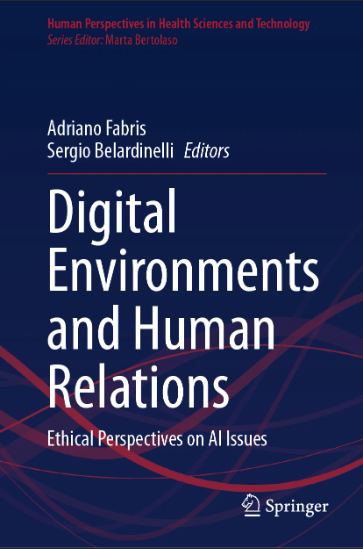Contributo di Casonato Carlo e Olivato Giulia, in A. Fabris, S. Belardinelli (eds.), Digital Environments and Human Relations, Springer, 2024, pp. 87-112

Contributo di Casonato Carlo e Olivato Giulia, in A. Fabris, S. Belardinelli (eds.), Digital Environments and Human Relations, Springer, 2024, pp. 87-112

Artificial Intelligence is currently governed by a complex framework of ethical guidelines and scattered sector-specific legislation. Against the backdrop of rapid technological development, the legal landscape is also facing a period of fast paced innovation, and the European AI Act is at the forefront of the regulatory race. However, while there seems to be a general consensus on the opportunity to provide safeguards and legal certainty through comprehensive legal frameworks, regulating such a dynamic and pervasive technology is certainly a highly challenging task for any legislator. The first part of the chapter examines the characteristics (the three Ts) that are necessary for any AI law to be sustainable, future-proof and tailored to the specific technology. Therefore, a law should be Tuned (developed in accordance with scientific expertise and societal pluralism), Timely (able to provide certainty, yet flexible to technological change) and Tailored (focused on the particular technology at hand). Thus, a preliminary analysis of the AI Act is carried out by comparing it with the above features. The second part of the chapter examines analytically the content of the proposed regulation, focusing first on the risk-based approach of the AI Act, its scope and the definition of AI system. It then focuses on an overview of the different levels of risk (including the ad hoc legal framework for general-purpose models) and, in particular, the regulation of high-risk systems. Finally, it presents a general framework for regulatory sandboxes, governance and enforcement measures. Considerations on the regulation’s ability to remain future-proof and preserve innovation while safeguarding fundamental rights are presented in the Concluding Remarks.